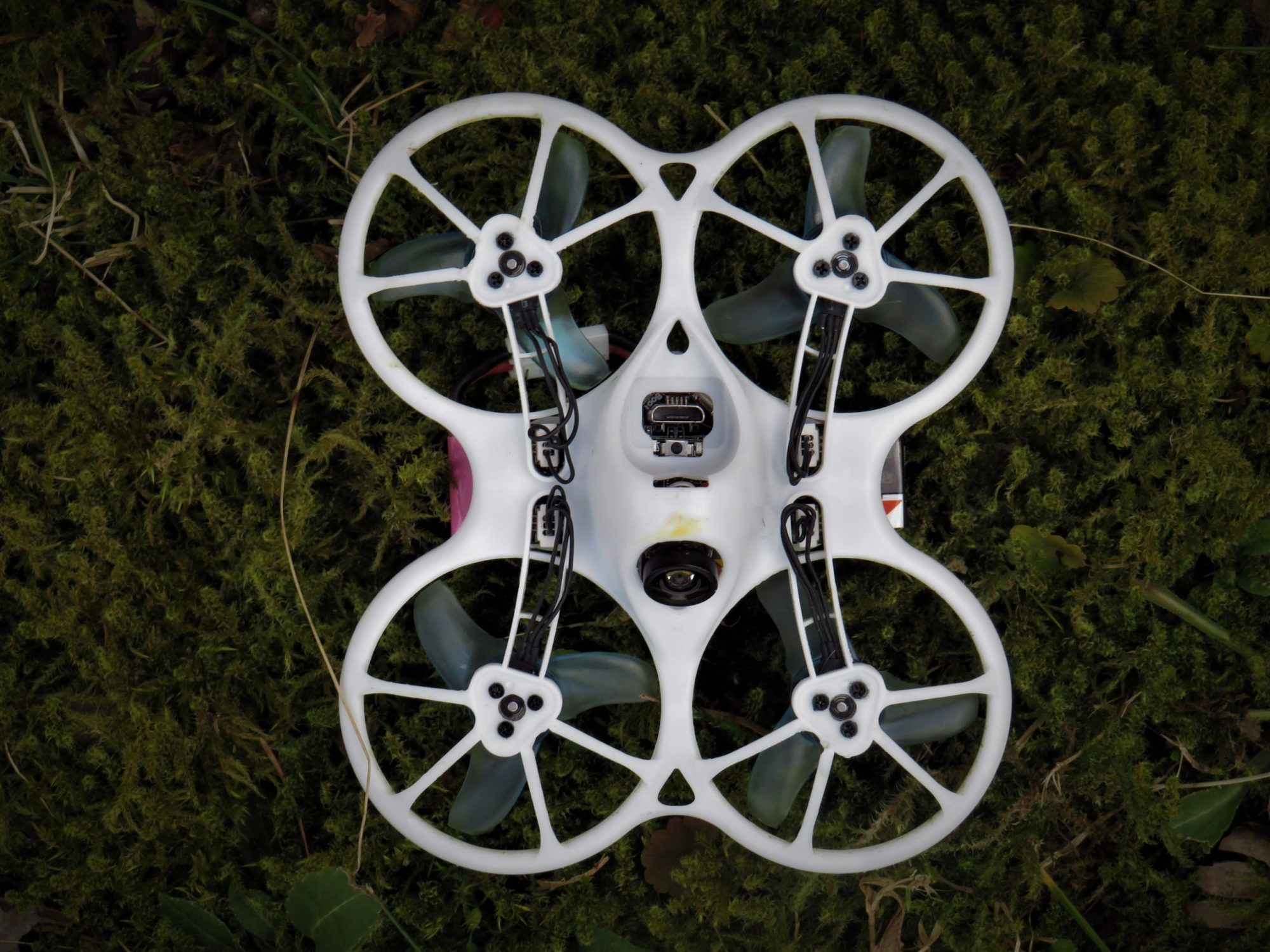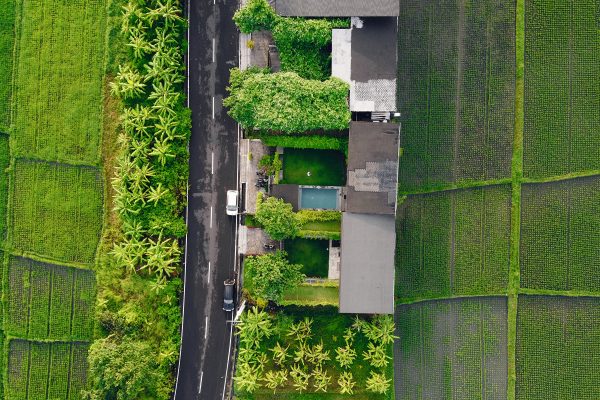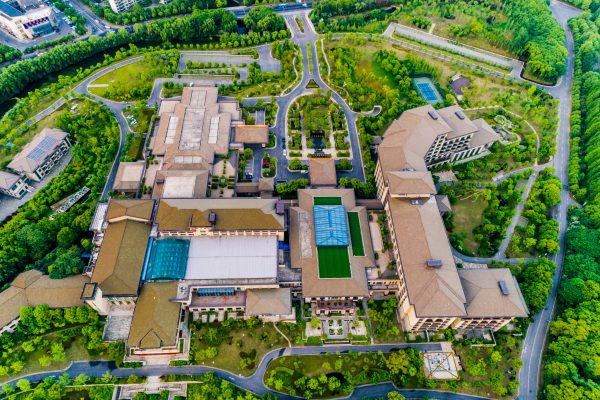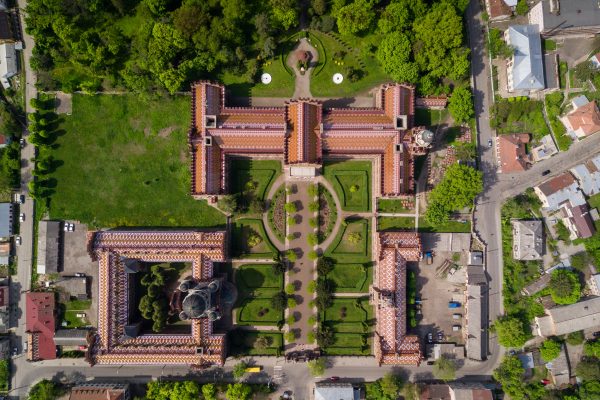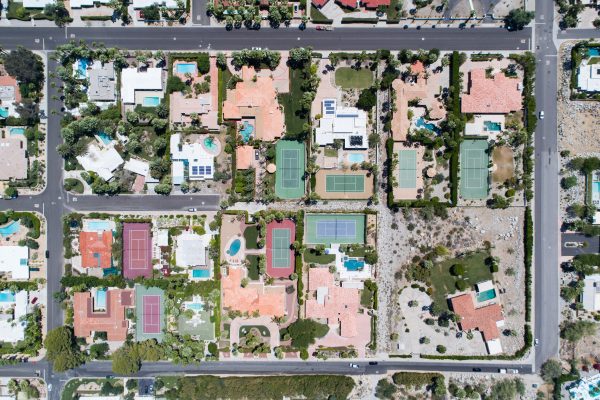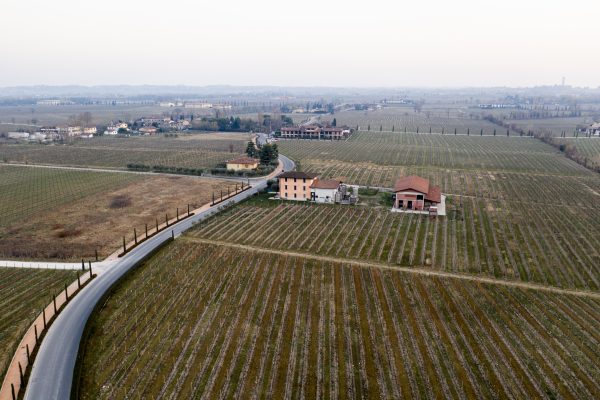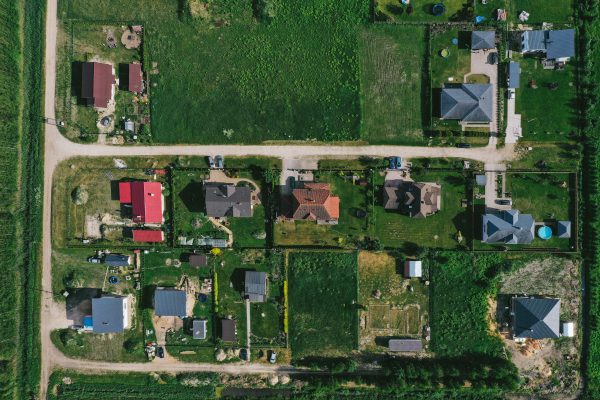WE ARE A CREATIVE AGENCY LOCATED IN Adelaide
At Precision Drone Inspections, we understand the critical importance of maintaining peak performance and reliability in your solar energy systems. That’s why we offer cutting-edge thermal drone inspection services tailored to meet the unique needs of solar panel owners like you. With our state-of-the-art thermal imaging technology and expertise, we’re here to help you proactively identify and address potential issues before they impact your generating potential. Elevate your solar panel maintenance with Precision drone inspections and experience the difference firsthand!
Here are some of the things thermal drones can spot during solar inspections and why they're important:
Hot Spots:
Hot spots are areas of increased temperature on solar panels, which can indicate defects such as microcracks, faulty cells, or shading. Identifying hot spots is crucial because they can lead to decreased energy output, panel degradation, and safety hazards like electrical fires.
Electrical Faults
Thermal drones can detect anomalies in electrical connections or components within solar installations. Electrical faults, such as loose connections or damaged wiring, can lead to energy losses, increased risk of fire, and potential damage to the entire system if left unaddressed.
Panel Efficiency
Thermal imaging can assess the overall efficiency of solar panels by identifying areas with uneven temperature distribution. Deviations from the expected temperature profile may indicate issues affecting the panel’s performance, such as debris buildup, soiling, or uneven sunlight exposure.
Potential Damage
Thermal drones can identify physical damage to solar panels, such as cracks, fractures, or delamination. Detecting and repairing such damage is essential for maintaining the structural integrity of the panels and preventing further deterioration that could impact performance and safety.
Environmental Factors
Thermal imaging can reveal environmental factors affecting solar panel performance, such as shading from nearby objects, vegetation, or infrastructure. Understanding these factors allows for strategic planning to mitigate their impact and optimize energy production.
Insulation Issues
Thermal drones can detect insulation issues in electrical components associated with solar installations. Poor insulation can lead to energy losses, electrical inefficiencies, and safety hazards, highlighting the importance of early detection and remediation.
Overall, thermal drones provide valuable insights during solar panel inspections by identifying issues that affect performance, efficiency, and safety. By detecting these issues early, solar operators can implement timely interventions to optimize energy production, extend the lifespan of their installations, and ensure the safety and reliability of their solar energy systems.
The Critical Importance of Regular Maintenance for Solar Panels: Preventing Fires and Ensuring Efficiency
In recent years, the adoption of solar energy has soared, marking a significant stride towards sustainable power generation. However, amidst the enthusiasm for harnessing clean energy from the sun, it's crucial not to overlook the essential aspect of maintaining solar panels. Regular maintenance not only ensures optimal efficiency but also plays a pivotal role in preventing potentially devastating fires.
Solar panels are designed to capture sunlight and convert it into electricity efficiently. However, over time, they can accumulate dirt, dust, debris, and even bird droppings, forming a layer that obstructs sunlight absorption. This buildup can significantly hamper the panels' performance, reducing energy output and consequently impacting the overall efficiency of the solar system. Regular cleaning and maintenance are essential to remove these obstructions and maximize energy production.
Furthermore, neglected solar panels pose a fire hazard, albeit often overlooked. The accumulation of debris and organic matter, coupled with the intense heat generated during operation, can create a conducive environment for fires to ignite. In particular, dry vegetation or accumulated leaves can easily catch fire under certain conditions, potentially leading to disastrous consequences for both property and life.
To mitigate these risks, proactive maintenance practices are imperative. Here are some key measures:
Regular Cleaning
Scheduled cleaning of solar panels to remove dirt, dust, and debris is essential. This can be done using a soft brush, mild detergent, and water, or through professional cleaning services.
Visual Inspection
Conducting routine visual inspections allows for the early detection of any signs of damage, wear, or malfunction. Cracked panels, loose connections, or damaged wiring should be addressed promptly to prevent further deterioration and mitigate fire risks.
Trimming Vegetation
Ensuring that trees, branches, and vegetation surrounding solar panels are properly trimmed minimizes the risk of debris accumulation and reduces the likelihood of fires caused by contact between vegetation and the panels.
Monitoring Performance
Regularly monitoring the performance of solar panels, such as energy output levels and system efficiency, can help identify any anomalies that may indicate underlying issues requiring attention.
Professional Maintenance
Engaging qualified professionals for periodic inspections and maintenance ensures that any technical or operational issues are promptly addressed, reducing the risk of potential hazards.
By adhering to these maintenance practices, solar panel owners can not only optimize energy production and maximize cost savings but also safeguard against the threat of fires. Moreover, prioritizing maintenance contributes to the longevity and reliability of solar energy systems, thereby fostering a sustainable and safe renewable energy future.
In conclusion, while the benefits of solar energy are undeniable, responsible ownership entails regular maintenance to uphold efficiency and prevent potential hazards such as fires. By implementing proactive maintenance measures, solar panel owners can harness the full potential of solar energy while ensuring safety and sustainability for the long term.
Our Address
283/287 Sir Donald Bradman Dr, Brooklyn Park SA 5032

